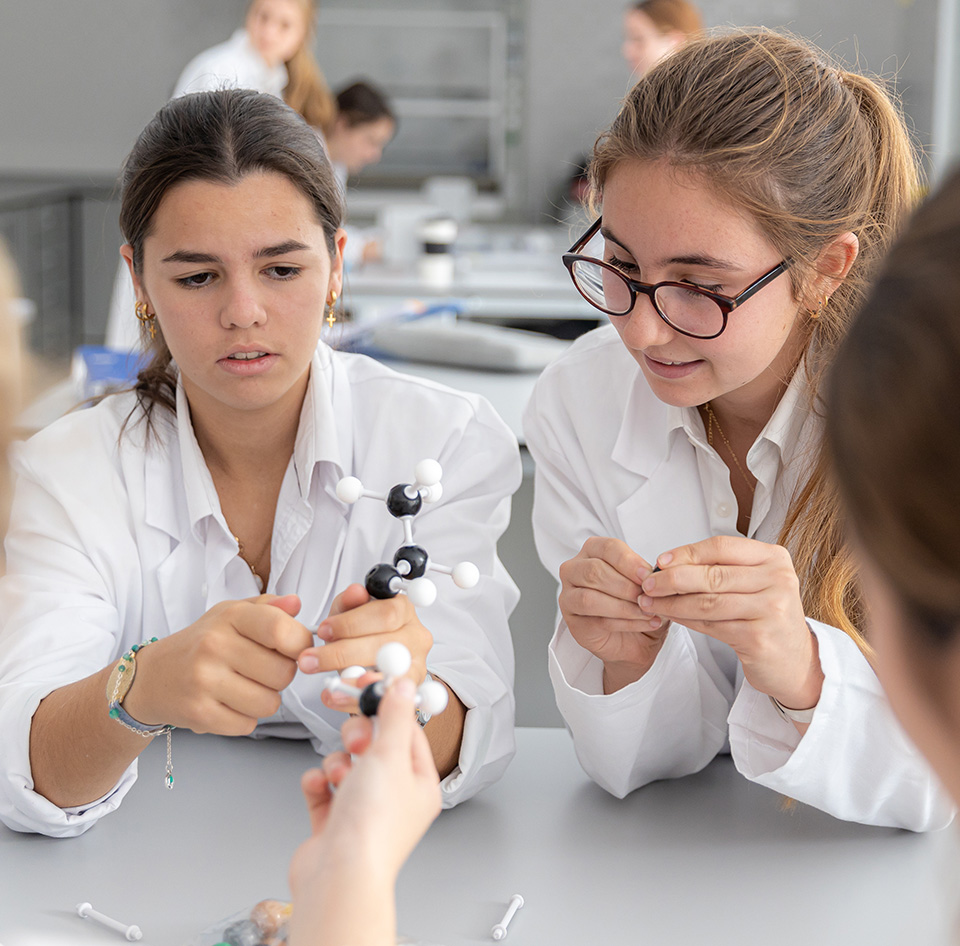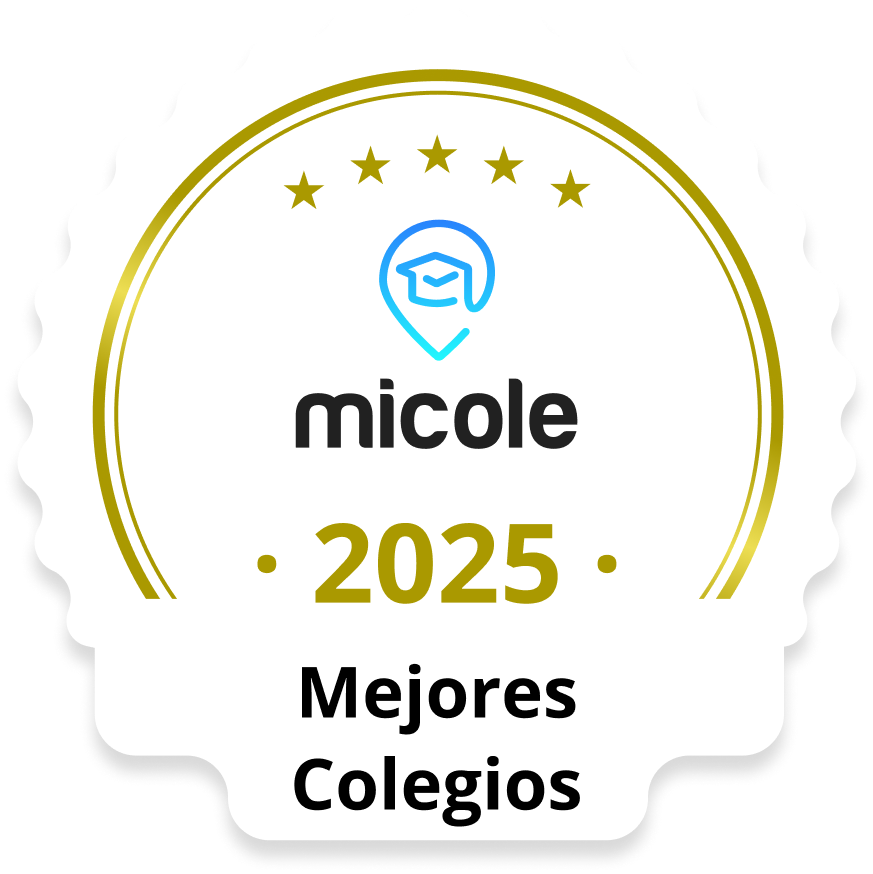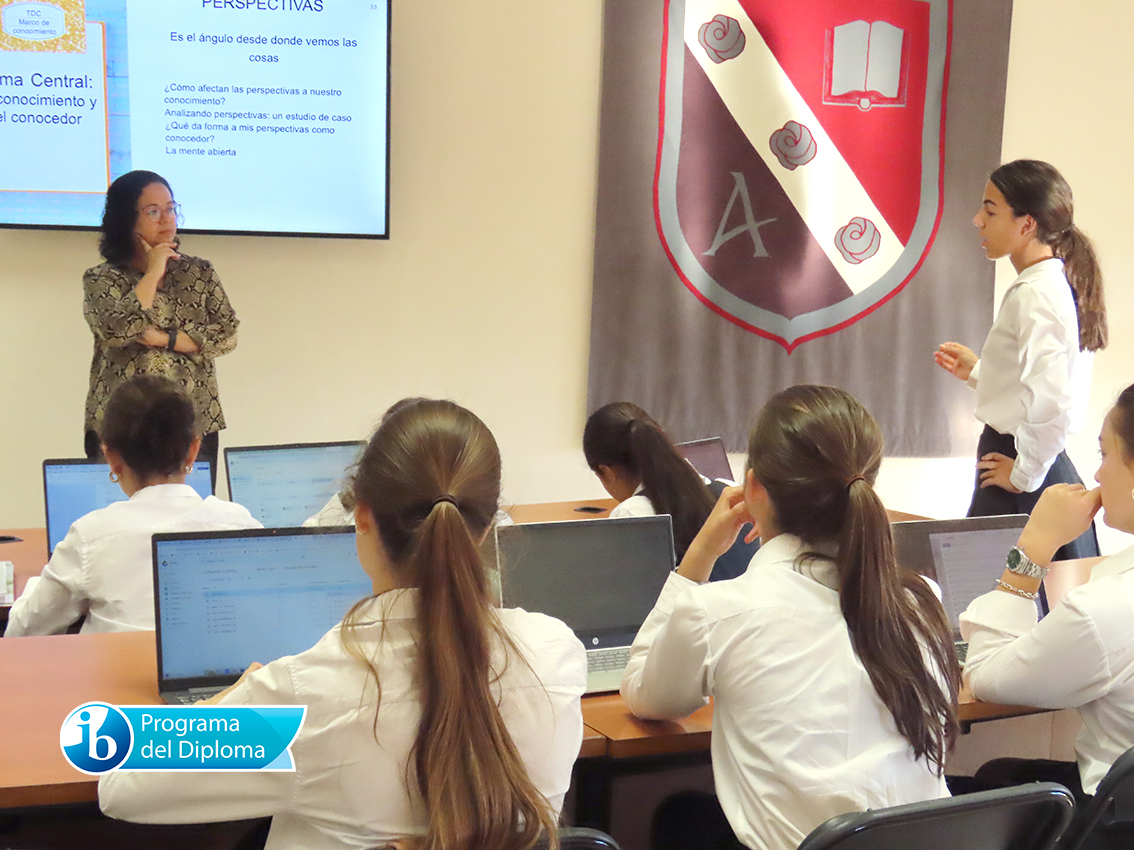
The DP: The Pre-University Programme That Best Prepares Students
In recent years, an increasing number of schools in Spain and worldwide have adopted the International Baccalaureate (IB) methodology for their classes. Is this merely a trend? Why are more universities seeking IB candidates to fill their seats? What benefits does the Diploma Programme (DP) offer, and how does it prepare students for university? This article explores how the DP not only readies students for higher education but also equips them for life.
In 2016, when Alegra adopted the IB methodology through the Middle Years Programme (MYP), there were 92 schools in Spain authorised by the Swiss organisation. By 2023, this number had risen to 200. Between 2018 (the year Alegra received authorisation to offer the DP) and 2023, the number of IB programmes worldwide increased by 34.2%. After four cohorts of Alegra students entering university (with the fifth on the way), it’s evident that the DP is a quality programme recognised both within and beyond Spain.
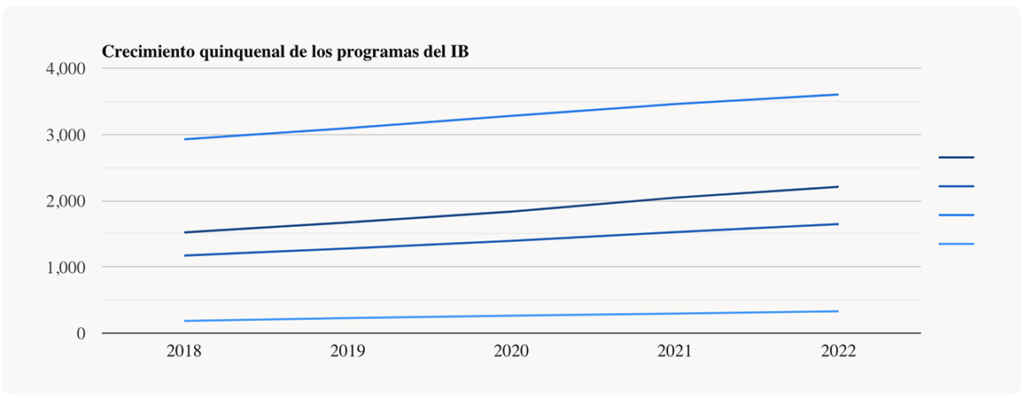
“If I had to highlight the main feature of the DP, it would be that it teaches students to think,” says Militza Hernández, Head of Academics at Alegra. “It’s an 18-month programme spanning two academic years of the Baccalaureate, preparing students to enter university as well-equipped as possible.”
The pedagogical approach of IB programmes, particularly the DP, focuses on developing skills in research, self-management, organisation, communication, and social interaction. These attributes shape the IB student profile, recognised by universities both in Spain and internationally. While this may sound theoretical, let’s delve into five key aspects of the programme:
1. Academic Rigour in the DP Pre-University Programme
The DP is renowned for its academic rigour and excellent preparation. The programme covers a range of disciplines, enabling students to develop critical thinking and problem-solving skills—essential competencies for university success.
For instance, in a Theory of Knowledge class in DP1, a student presents her conclusions on an article about Artificial Intelligence.
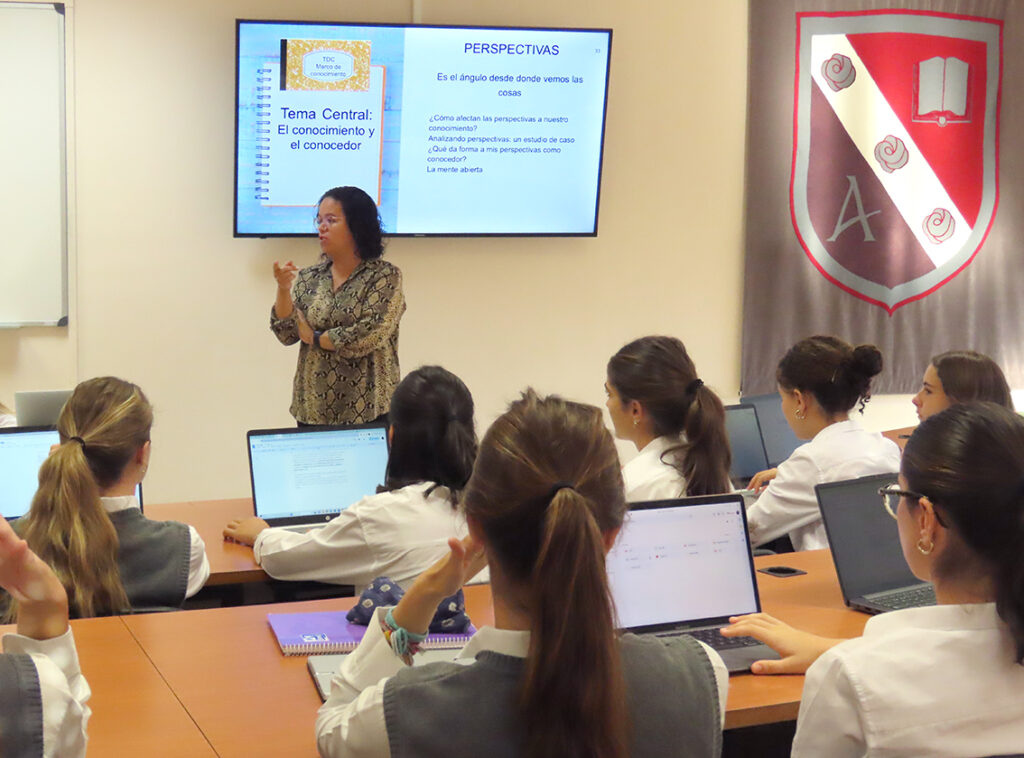
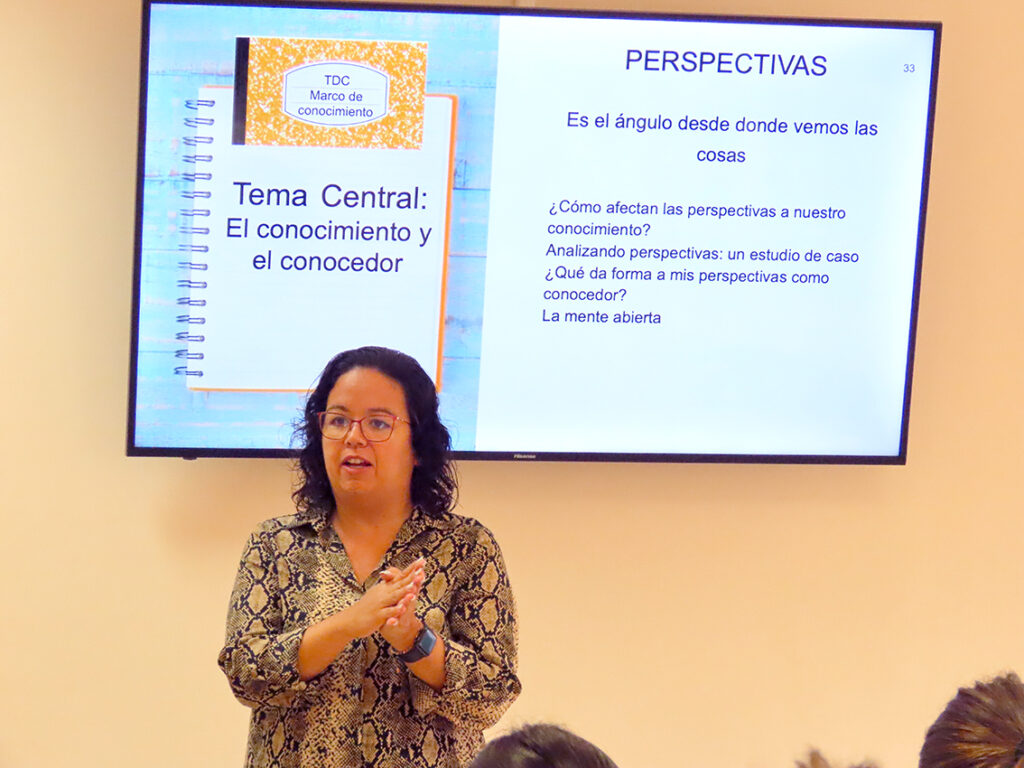
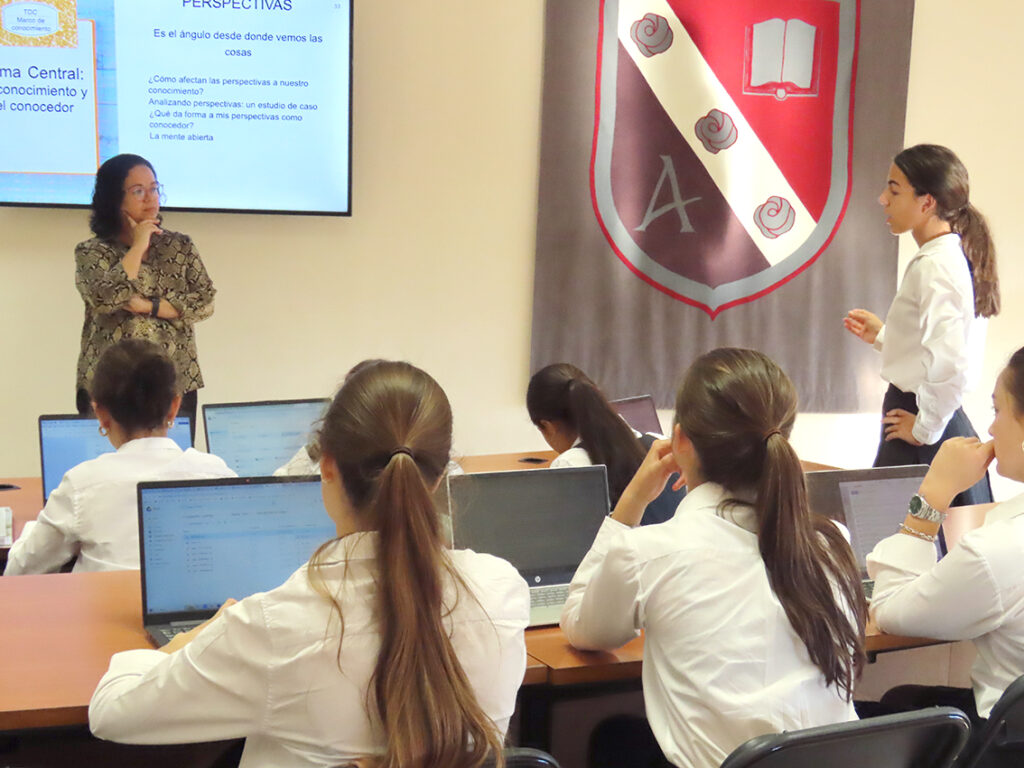
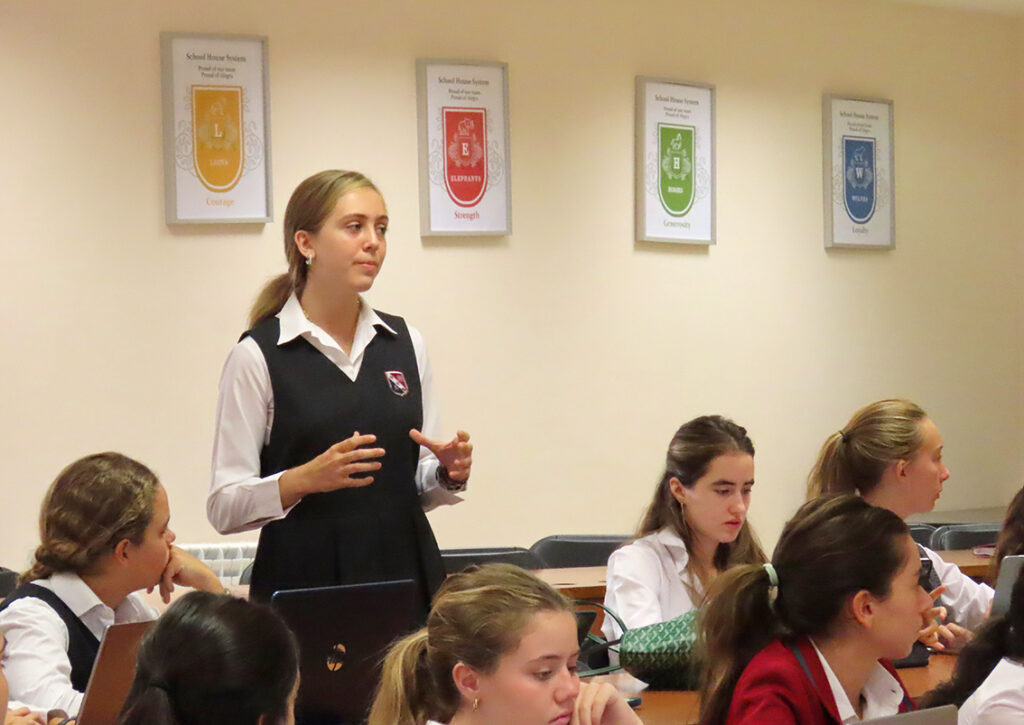
“In this class, we explore how different perspectives broaden knowledge. Students select an article on a topic of interest (in this case, Artificial Intelligence), analyse various viewpoints, and identify the arguments presented. They understand both positions and ultimately debate: Artificial Intelligence, yes or no?” explains Militza.
This type of discussion fosters robust critical thinking and the ability to analyse complex concepts—skills indispensable at university. The DP’s rigour and consistency are evident throughout the student’s journey, extending to assessment methods: the same exam is administered worldwide and marked by external examiners.
2- Contextualised Teaching
In the DP, subjects aren’t learned as isolated units but are understood within a context. This approach provides students with a broader perspective, enhancing their future preparedness and positioning the DP as an excellent pre-university programme.
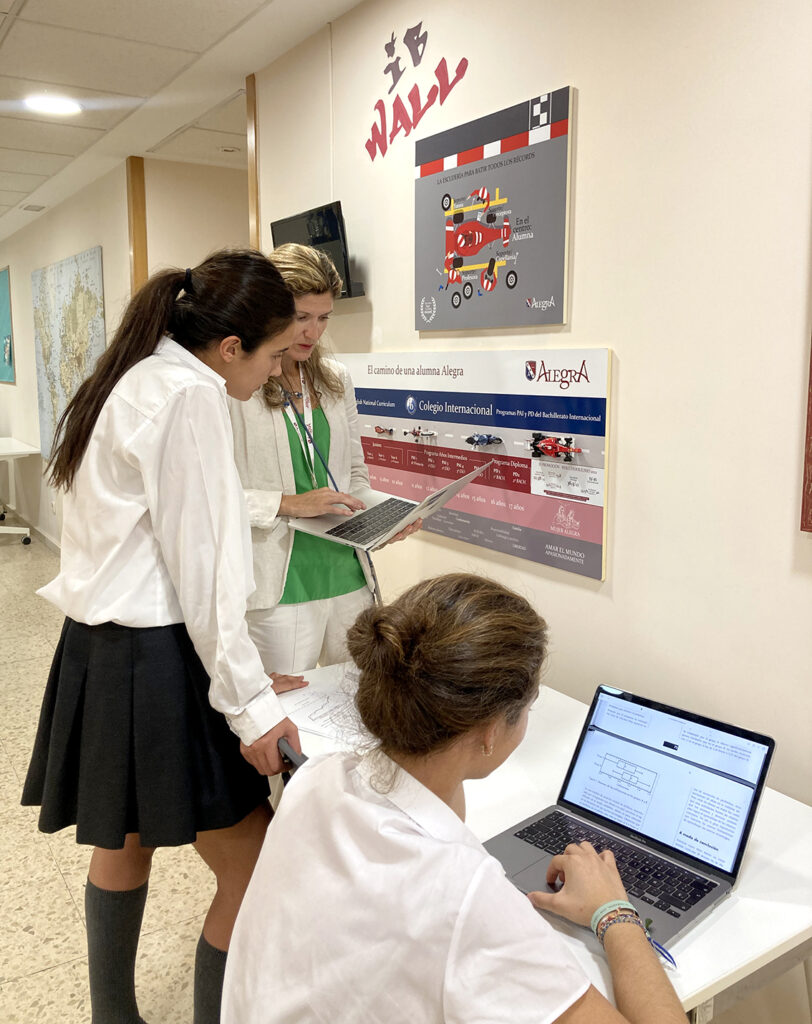
“We present students with real problems in real contexts. In Mathematics, for example, the concept of a mathematical function is always studied in relation to reality and real variables.
Through internal assessments, students learn how this mathematical concept can illustrate temperature variations over time in Nordic countries. These are known in the IB as global or real contexts, which help frame the content. Ultimately, we aim for students to answer the question, ‘Why am I studying functions in mathematics? How is this knowledge applied?'”
3- Development of Research Skills
The ability to conduct thorough research is crucial at university. In the DP, students undertake an Extended Essay, an independent research project. This process teaches them to gather and analyse data, present findings, and construct solid arguments—validating sources and honing skills essential for academic success.
During this research process, students work with a supervisor, allowing them to delve deeply into a topic of interest within a specific subject, thereby enhancing disciplinary learning. This in-depth research experience is invaluable when they face more complex projects at university. Additionally, all essays are bound and archived, serving as reference materials within the school. DP1 students can review and read the works of their predecessors.
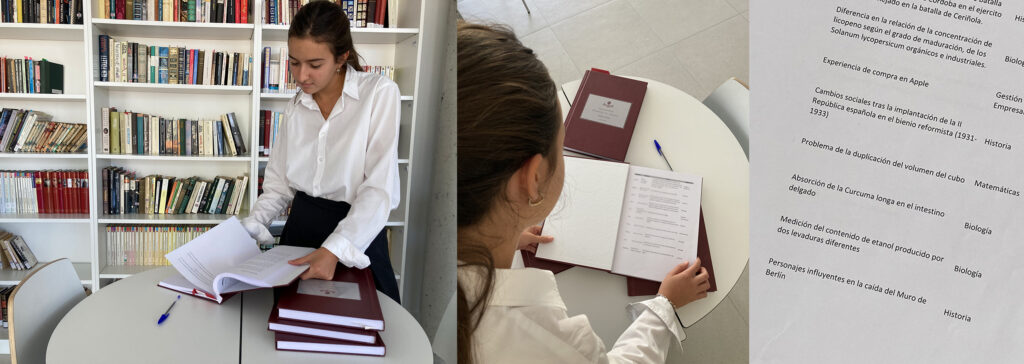
A DP1 student browsing through the Extended Essays of her peers from previous cohorts.
4. Fostering a Lifelong Learning Mindset
The DP isn’t just about accumulating knowledge; it’s about cultivating a mindset geared towards lifelong learning. Students learn to be curious, to question, and to seek answers independently. DP students are eager for knowledge, which encourages continuous learning throughout their lives. This prepares them to adapt to change—a skill crucial in both professional and personal spheres.
In the Creativity, Activity, and Service (CAS) subject, students design and carry out projects that address needs in their local or global communities. This experience fosters initiative and a commitment to continuous learning, encouraging them to work for the common good while seeking real solutions to real problems they encounter in the implementation of their initiatives.
Throughout the course, DP students collaborate in the school library, help prepare younger students for their First Communion, engage in volunteer work with the elderly, organise and lead sports activities for their peers, and more.
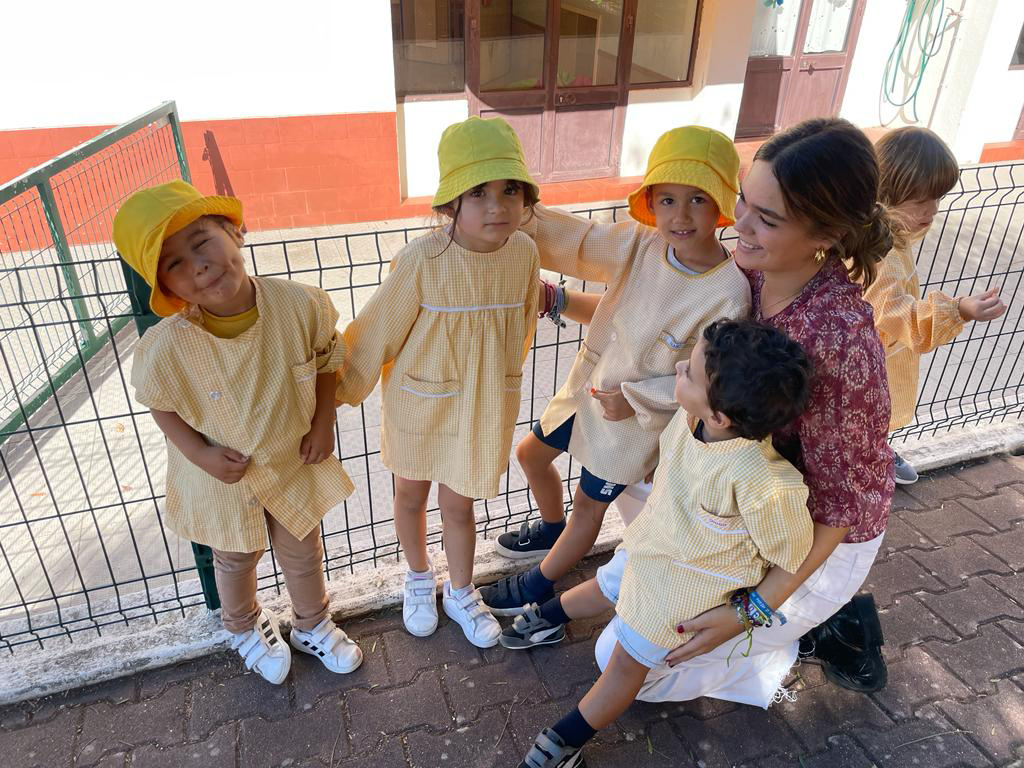
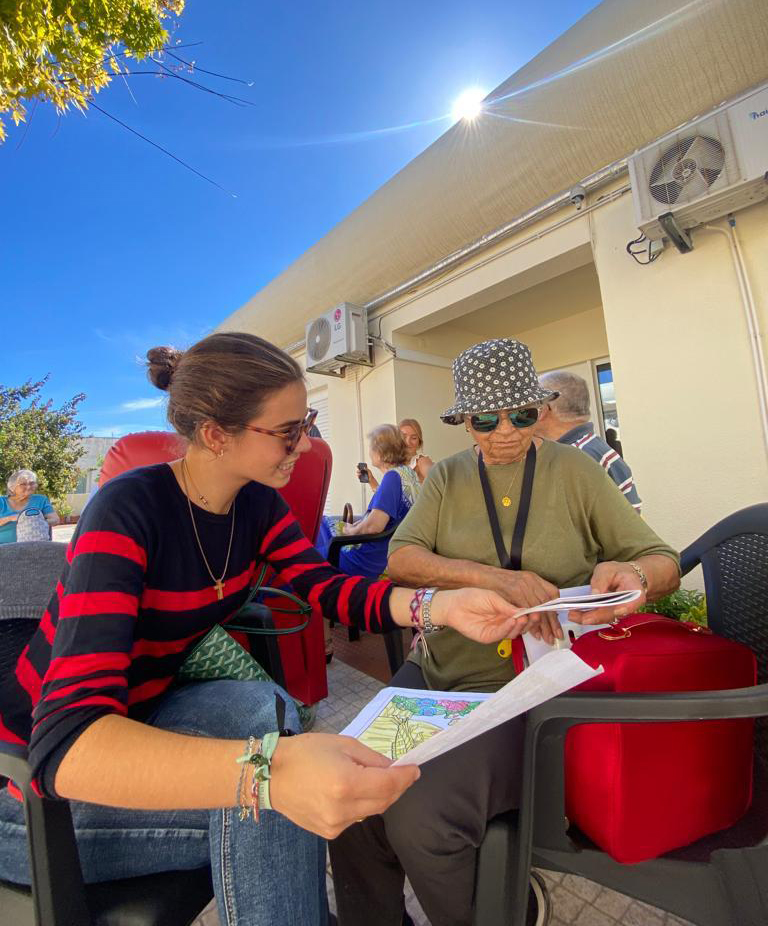
5. The Student at the Centre of Learning
In the DP, learning is structured around the student, with content and teaching methods designed to help each individual reach their full potential and develop all their talents to the maximum. The programme caters to students’ unique needs, preferences, and interests, ensuring that no limits are imposed on their learning. Instead, they are encouraged to explore topics in depth, with access to tools and resources that support their academic curiosity. The DP fosters exploration rather than restriction, allowing students to conduct specific research projects in each subject (internal assessment) and delve as deeply as they wish into their areas of interest.
For instance, in History, rather than relying solely on traditional lectures and rote memorisation, the DP encourages active student engagement through interdisciplinary approaches and activities that motivate them to investigate historical events within their broader context. Debate, analysis, and teamwork are integral elements of the subject.
Students are encouraged to engage with historical sources and examine multiple perspectives on an event or period. This approach strengthens their critical thinking skills and fosters independent inquiry—an essential aspect of any strong pre-university programme.
Students are encouraged to engage with historical sources and examine multiple perspectives on an event or period. This approach strengthens their critical thinking skills and fosters independent inquiry—an essential aspect of any strong pre-university programme.
Ultimately, the Diploma Programme stands out as the most academically demanding pre-university programme worldwide, earning widespread international recognition. It presents a rigorous challenge not only for students but also for teachers, who guide and facilitate the learning process.

